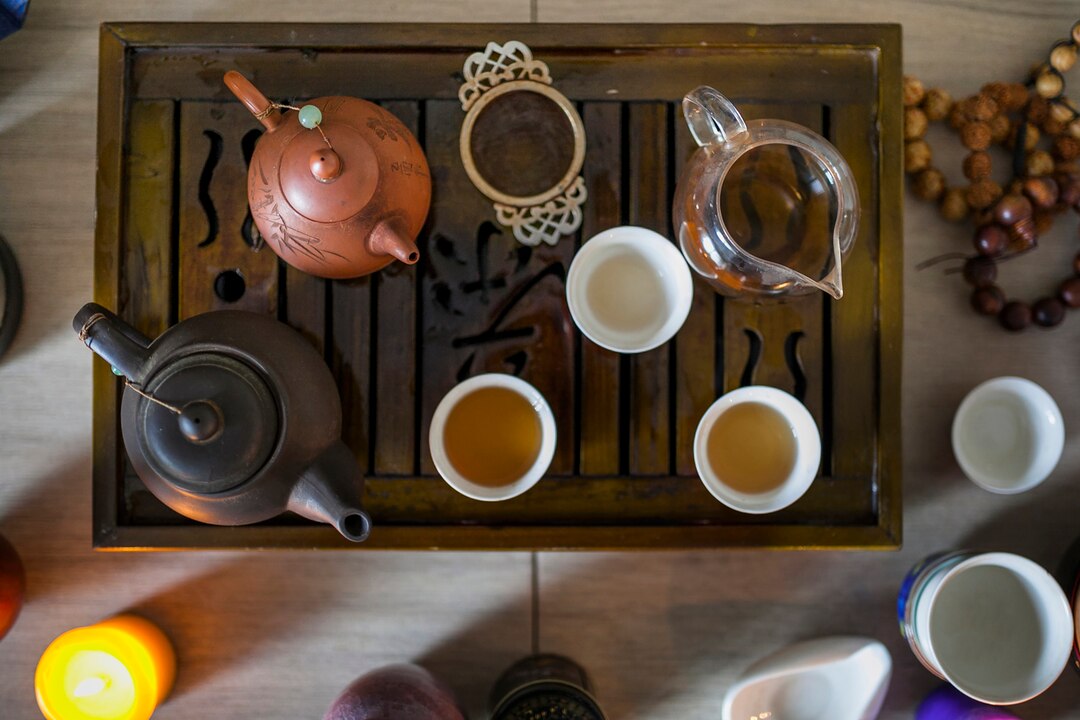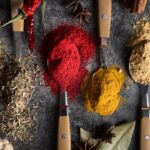Tea is much more than just a beverage. For centuries, it has played a central role in cultures around the world, symbolizing hospitality, respect, and ritual. In many countries, tea ceremonies are steeped in tradition and hold deep cultural significance. From the Japanese tea ceremony to British afternoon tea, these rituals not only honor the art of tea-making but also serve as a means of fostering connection, mindfulness, and a sense of community. Here’s a look at the various tea rituals and their importance in different cultures.
1. The Japanese Tea Ceremony (Chanoyu)
In Japan, the tea ceremony, known as “Chanoyu” or “Sado,” is a highly ritualized practice that dates back to the 9th century. The ceremony centers around the preparation and consumption of matcha, a powdered green tea. Every movement, from the cleaning of utensils to the serving of tea, is performed with precision and grace.
The significance of the Japanese tea ceremony lies in its emphasis on mindfulness and the aesthetics of simplicity. Known as the “Way of Tea,” it is a spiritual experience that encourages participants to be present in the moment, appreciating the beauty of the surroundings, the utensils, and the fleeting nature of life. The ceremony embodies principles of harmony (wa), respect (kei), purity (sei), and tranquility (jaku), making it a reflection of Zen Buddhist teachings.
2. The Chinese Tea Ceremony
Tea has a long history in China, and the Chinese tea ceremony is a reflection of the country’s deep appreciation for the beverage. Known as the “Gongfu tea ceremony,” this ritual is especially popular in the southern regions of China. Gongfu, meaning “skill” or “effort,” emphasizes the art of brewing tea with precision, often using small teapots and multiple infusions of the leaves.
The Chinese tea ceremony is not only about the preparation of tea but also about the relationships fostered during the ritual. It is a communal experience that encourages conversation, reflection, and respect for nature. Tea is often served to guests as a sign of respect, and the ceremony can be seen as an expression of hospitality and the desire to create a meaningful connection.
3. British Afternoon Tea
Afternoon tea, a British tradition that dates back to the early 19th century, is one of the most well-known tea rituals in the world. It was introduced by Anna, the Duchess of Bedford, as a way to stave off hunger before the evening meal. Over time, it became a social event, often held in the late afternoon, where friends and family would gather to enjoy tea, sandwiches, scones, and cakes.
In the UK, afternoon tea is seen as a symbol of elegance and refinement, often associated with the upper class. The ceremony itself is centered around relaxation and conversation, and it remains a beloved part of British culture today. Whether enjoyed at home or in a grand hotel, afternoon tea represents the British values of hospitality and socialization, offering a chance to unwind and share time with loved ones.
4. Moroccan Tea Ceremony
In Morocco, tea is a symbol of hospitality and generosity, and the Moroccan tea ceremony is an integral part of the country’s culture. The ritual typically involves the preparation of green tea, often flavored with fresh mint and sweetened with a generous amount of sugar. The tea is served in small glasses, and it is common for guests to be offered several refills during a visit.
The Moroccan tea ceremony is a communal and celebratory event, often held in the company of friends and family. The preparation and serving of tea are viewed as acts of respect and a way of strengthening social bonds. Pouring the tea from a height into small glasses is an important part of the ritual, as it is believed to enhance the flavor and create a frothy surface. The ceremony symbolizes the values of generosity, hospitality, and the joy of sharing time with others.
5. Turkish Tea Ceremony
In Turkey, tea holds a special place in daily life, and the Turkish tea ceremony is an important social ritual. Tea is served in small tulip-shaped glasses, often accompanied by sugar cubes or sweets. Unlike other tea ceremonies, the Turkish tea ritual is not as formalized but is rather a simple, everyday practice that fosters connection and conversation.
Tea is typically served to guests as a gesture of hospitality, and it is common for Turkish people to offer tea throughout the day, especially during social gatherings. The Turkish tea ceremony emphasizes the importance of sharing, and the tea-drinking experience is often accompanied by lively conversation. It reflects the Turkish value of welcoming guests and showing appreciation for their company.
6. Indian Chai Ceremony
In India, tea (or “chai”) is an integral part of daily life and is often consumed throughout the day, both at home and in social settings. Chai is typically made with a blend of strong black tea, spices like cardamom, cinnamon, and ginger, milk, and sugar. The preparation of chai is often seen as an art, and it can vary from region to region, with each family or vendor having their own unique recipe.
The Indian chai ceremony is less formal than some other tea rituals but is no less important. Tea is often served to guests as a gesture of hospitality and respect. Chai breaks are also an essential part of work culture in India, providing moments of relaxation and socialization. In this context, chai serves as a way of bringing people together, fostering community, and offering a brief respite from the demands of daily life.
7. Russian Tea Ceremony
The Russian tea ceremony is a social occasion that emphasizes warmth, hospitality, and family bonds. Traditionally, it involves a samovar, a special kettle used to brew tea, which is often served with jam, honey, or lemon. The samovar creates a rich, strong brew that is diluted with hot water to suit individual preferences.
Tea is an important part of Russian culture and is often consumed during gatherings, celebrations, or after meals. The ceremony itself is a way to bring people together, as it encourages long conversations and the sharing of stories. The Russian tea ceremony highlights the importance of connection, relaxation, and enjoying the company of loved ones.
Tea ceremonies around the world are far more than simple rituals of beverage preparation. They are expressions of cultural values, hospitality, and the importance of social connections. Whether it’s the highly structured Japanese tea ceremony or the informal Indian chai break, tea remains a symbol of warmth, respect, and tradition. These rituals provide a meaningful way for people to pause, reflect, and share time with others, making tea an enduring cultural treasure.








